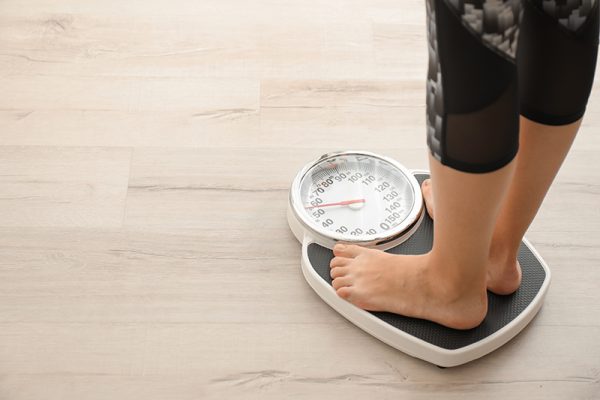Exploring the Impact of Hormones on Weight Loss and Regulation

Weight loss has always been a hot topic in the health and wellness industry. While most people tend to focus on diet and exercise, there are other factors that could affect weight loss and regulation, such as hormones.
The Role of Hormones in Weight Loss and Regulation

Hormones are chemical messengers that are produced by various glands in the body. They play a vital role in regulating various bodily functions, including metabolism, appetite, and energy expenditure. Therefore, any imbalance in hormone levels could affect weight loss and regulation.
Some of the hormones that are associated with weight loss and regulation include:
- Leptin: Leptin is a hormone that is produced by fat cells. It helps to regulate appetite and energy expenditure by signaling the brain when the body needs to stop eating or start burning calories.
- Ghrelin: Ghrelin is a hormone that is produced in the stomach. It stimulates appetite and promotes the storage of fat in the body.
- Insulin: Insulin is a hormone that is produced by the pancreas. It helps to regulate blood sugar levels and promotes the storage of fat in the body.
- Cortisol: Cortisol is a hormone that is produced by the adrenal glands. It helps the body to respond to stress and plays a role in metabolism and energy expenditure.
The Impact of Hormones on Weight Loss and Regulation

When the levels of these hormones are imbalanced, it could lead to weight gain or hinder weight loss. For instance:
- Low levels of leptin could lead to overeating and a slower metabolism.
- High levels of ghrelin could lead to increased appetite and the storage of fat in the body.
- Insulin resistance, which occurs when the body’s cells become resistant to insulin, could lead to weight gain and difficulty losing weight.
- High levels of cortisol could lead to increased appetite, cravings for sugary and fatty foods, and the storage of fat in the abdominal area.
Ways to Balance Hormones for Weight Loss and Regulation
Fortunately, there are ways to balance hormones naturally to promote weight loss and regulation. Some of these include:
- Eating a healthy and balanced diet that includes plenty of whole foods, fruits, and vegetables.
- Exercising regularly to boost metabolism and reduce stress levels.
- Getting enough sleep to promote the production of leptin and reduce cortisol levels.
- Reducing stress through activities such as meditation, yoga, and deep breathing exercises.
- Taking supplements such as vitamin D, magnesium, and omega-3 fatty acids to support hormone function.
Weight loss and regulation are complex processes that involve various factors, including hormones. By understanding the role of hormones in weight loss and regulation, we can take steps to balance them naturally and promote healthy weight management. Remember, a healthy and balanced lifestyle that includes a nutritious diet, regular exercise, and stress reduction can go a long way in achieving weight loss and regulation goals.









